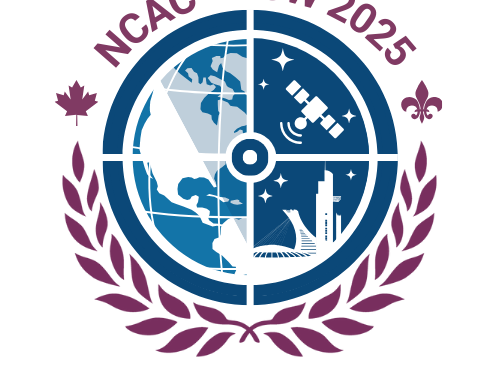Seminar on the Next Generation’s View on Space for Emerging Countries
by the SGAC GLEC 2019 Seminar Organising Team

The seminar aimed at engaging emerging countries’ youth providing them with the opportunity to discuss and give their views on space applications. Quoting Mr El Hadani, the Director General of the Centre de Royal de Télédétection Spatiale (CRTS) “the youth is the future of every nation and the future inheritors of the earth tomorrow”, that is the reason why we should enhance their contribution and implication following 3 key elements:
- Research and development
- Entrepreneurship and its impact on social as well as cultural and economic progress and the fact that the government should support the young entrepreneurs
- Inspiring young students: by outreach programs.
According to Mr Khatri, Executive Director – Space Programme of the South African National Space Agency, these points constitute the basis for the development of the ecosystem of space. They bridge the ethnic and gender gaps, spark the interest in pursuing STEM education and careers as well as allow for healthy competition in the global space economy.
Inspiring young students is particularly important for emerging space nations. Dr Mohamed Nasser Al Ahbabi, Director General of the UAE Space Agency, said: “Many young people in our region are confused, they are hopeless about the future. So, we have to inspire them. Our space program is largely driven by this wish to inspire”. Nations need to have a space programme that inspires the next generation. Mr Al Rais, Manager, Business Development and External Relations, Deputy Project Manager of UAE Mars Mission, Mohammed Bin Rashid Space Centre (MBRSC) spoke about how the United Arab Emirates is proceeding for sustaining their space program. According to him, focusing on and trusting the human element is very important, as well as developing technologies and focusing on international collaborations.
The Special guest of the Seminar was the former Administrator of NASA Charles F. Bolden Jr., with whom the Keynote Speech Moderator, Ms. Imane El Khantouti, had a very invigorating discussion about how to get students and young professionals from emerging countries to persist in their goals of reshaping the space industry and promoting space applications in emerging countries, overcoming the challenges and difficulties, as well as aiming towards international cooperation in the field. He emphasized that it is important to direct our efforts to have diversity in the space sector and try to create partnerships. He concluded by saying that “failure is an absolute necessity”.
The Seminar also had 5 Working Groups on different topics related to Space Applications:
- Working Group 1 discussed Regional Collaboration on Space Application
- Working Group 2 worked on the importance of IoT and Space Application in Emerging Countries
- Working Group 3 discussed the Legal and Policy Challenges of Space Applications
- Working group 4 discussed Technology Development for Socio-economic Development
- Working group 5 brainstormed about the Engagement of the Next Generation from the Emerging Countries.
Finally, the Seminar concluded by a Panel on the Impact of the Next Generation in promoting Space in Emerging Countries. The session focused on how the youth can capitalize on entrepreneurship to influence space in emerging countries and create ways to attract investments from big companies. The next generation has the capacity to think outside of the box and, together with the help and guidance of the older generation, it can reshape the industry by fostering innovation.




